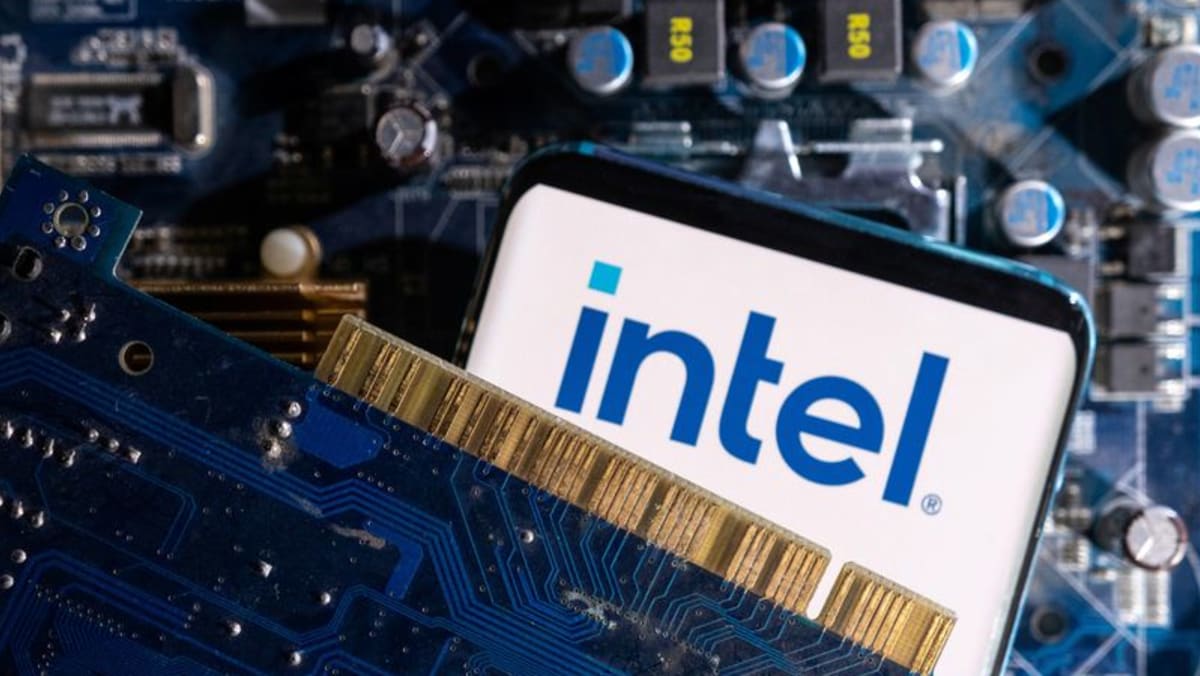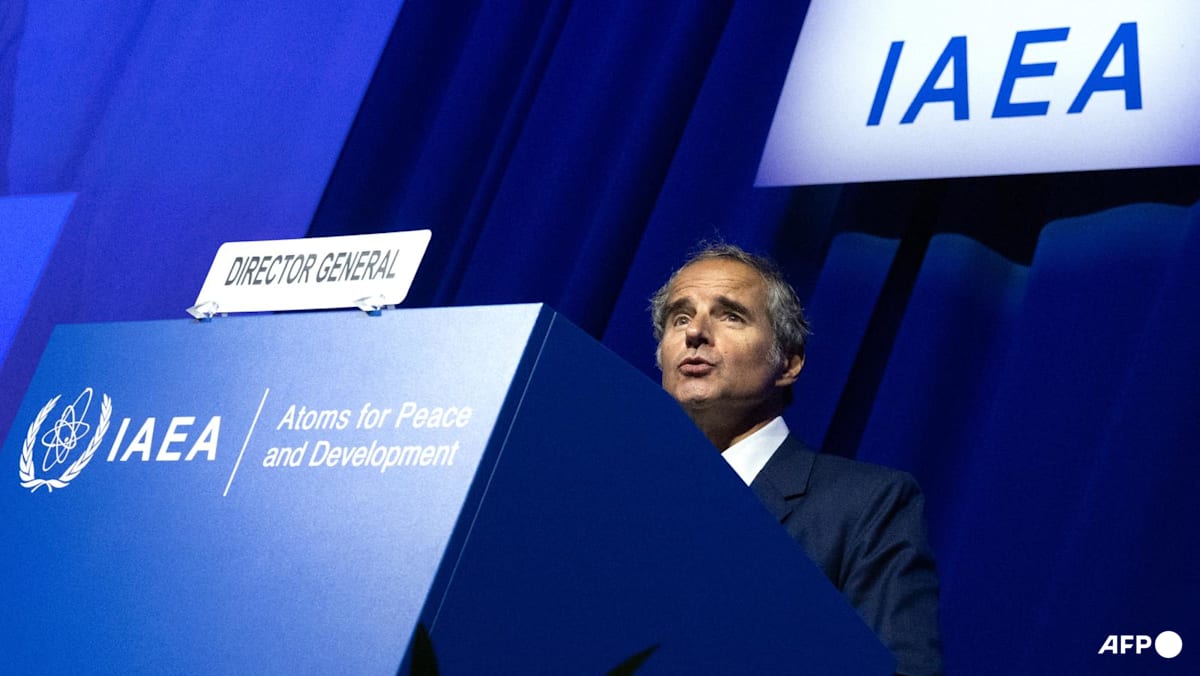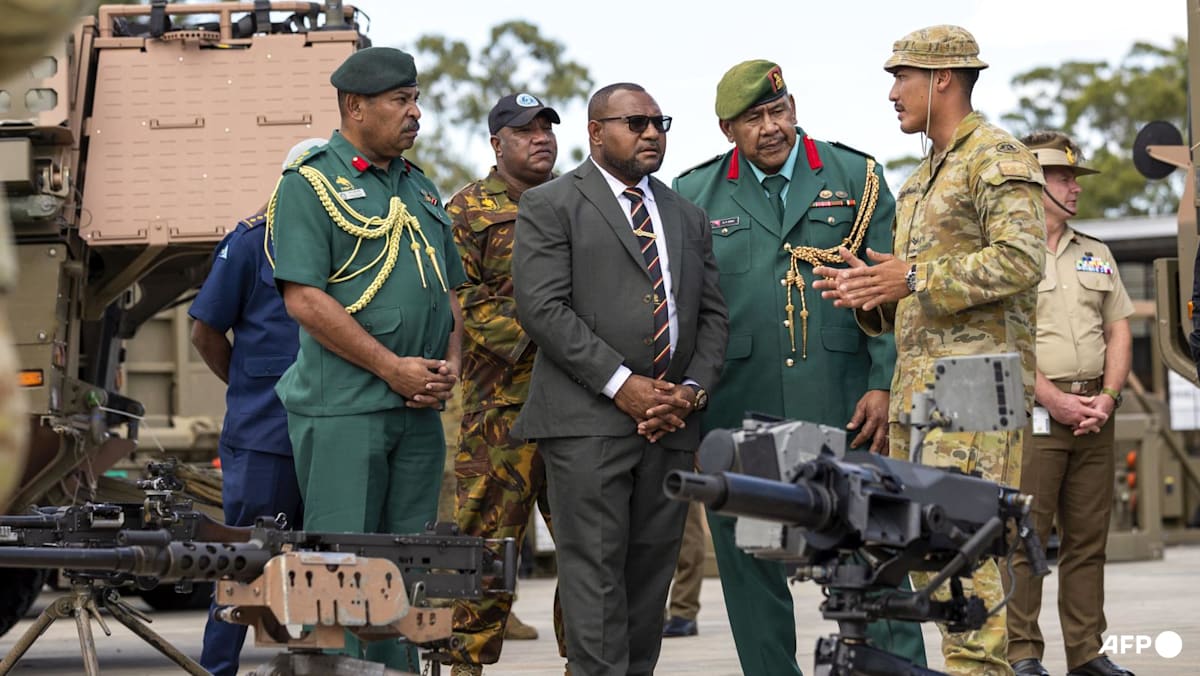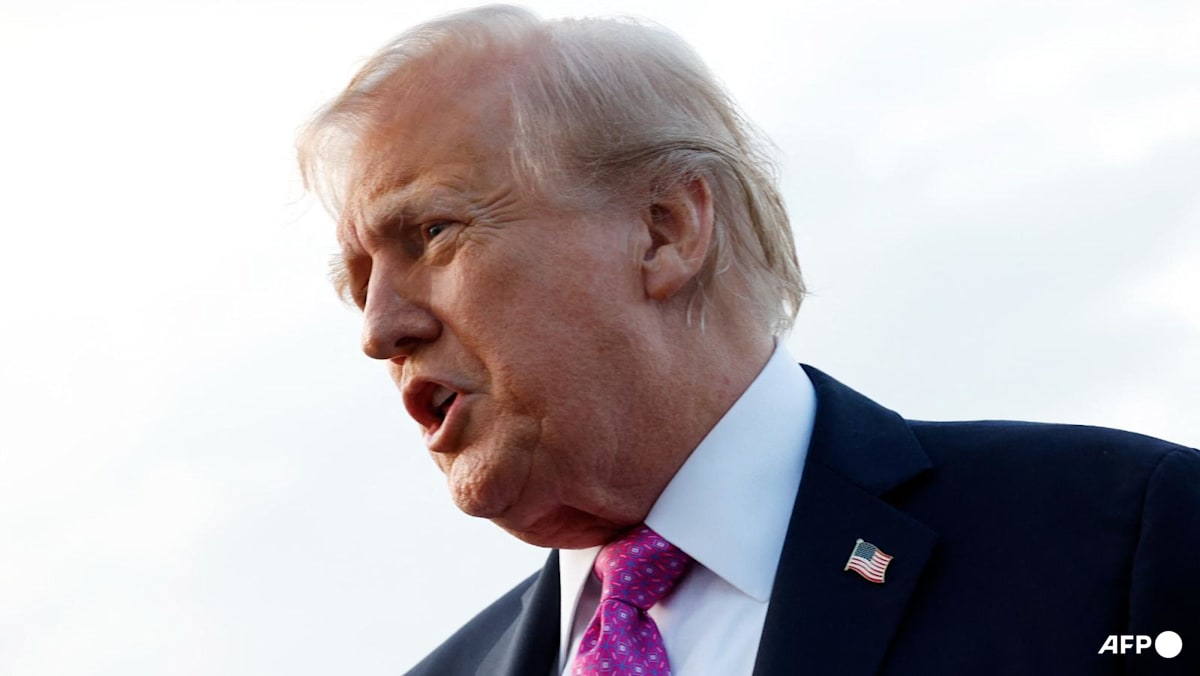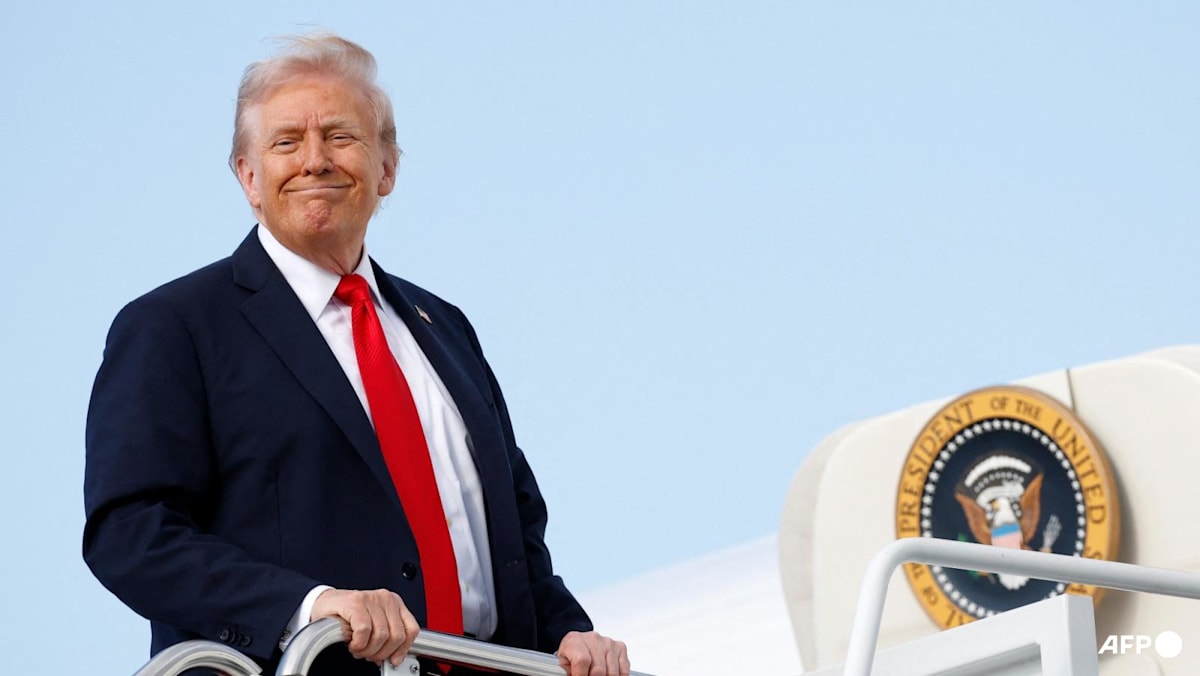PLAYING CATCH UP
The Intel investment marks the latest unusual deal with US companies, including a US government agreement allowing AI chip giant Nvidia to sell its H20 chips to China in exchange for receiving 15 per cent of those sales.
Other recent deals include an agreement for the Pentagon to become the largest shareholder in a small mining company, MP Materials, to boost output of rare earth magnets and the US government’s winning a “golden share” with certain veto rights as part of a deal to allow Japan’s Nippon Steel to buy US Steel.
The federal government’s broad intervention in corporate matters has worried critics, who say Trump’s actions create new categories of corporate risk.
Ahead of the US deal with Intel, Japan’s SoftBank agreed to take a US$2 billion stake in the chip maker on Monday.
Some industry observers still question Intel’s ability to surmount its problems.
Daniel Morgan, senior portfolio manager at Synovus Trust, said Intel’s problems are beyond a cash infusion from SoftBank or equity interest from the government, singling out Intel’s contract chip manufacturing business, known as its foundry unit.
“Without government support or another financially stronger partner, it will be difficult for the Intel foundry unit to raise enough capital to continue to build out more Fabs at a reasonable rate,” he said.
Intel “needs to catch up with TSMC from a technological perspective to attract business”, he added.
The US government’s stake is to be passive ownership and does not include a board seat, Intel said.
The government will be required to vote with Intel’s board when shareholder approval is necessary, with “limited exceptions”. Intel did not specify the exceptions.
The equity stake also includes a five-year warrant at US$20 a share for an additional 5 per cent of Intel stock, which the US can use if Intel loses control of the foundry business.
Federal backing could give Intel more breathing room to revive its loss-making foundry business, analysts said. It has ceded the AI market to Nvidia and has lost market share to Advanced Micro Devices (AMD) in its central processor business for several years.
It has also faced challenges in attracting customers to its new factories. Tan, who became CEO in March, has been tasked to turn around the American chipmaking icon, which recorded an annual loss of US$18.8 billion in 2024 – its first such loss since 1986. The company’s last fiscal year of positive adjusted free cash flow was 2021.
Reuters reported exclusively in April that Tan invested at least US$200 million in hundreds of Chinese advanced manufacturing and chip firms, some of which were linked to the Chinese military.
Tan founded venture capital firm Walden International in 1987. Through the company, he became a seed investor in Semiconductor Manufacturing International Corp, China’s largest chip foundry.
Tan, who was raised in Singapore, was also the CEO of Cadence Design from 2008 through December 2021, during which the chip design software maker sold products to a Chinese military university believed to be involved in simulating nuclear explosions.
Last month, Cadence agreed to plead guilty and pay more than US$140 million to resolve the US charges over the sales, which Reuters first reported.





